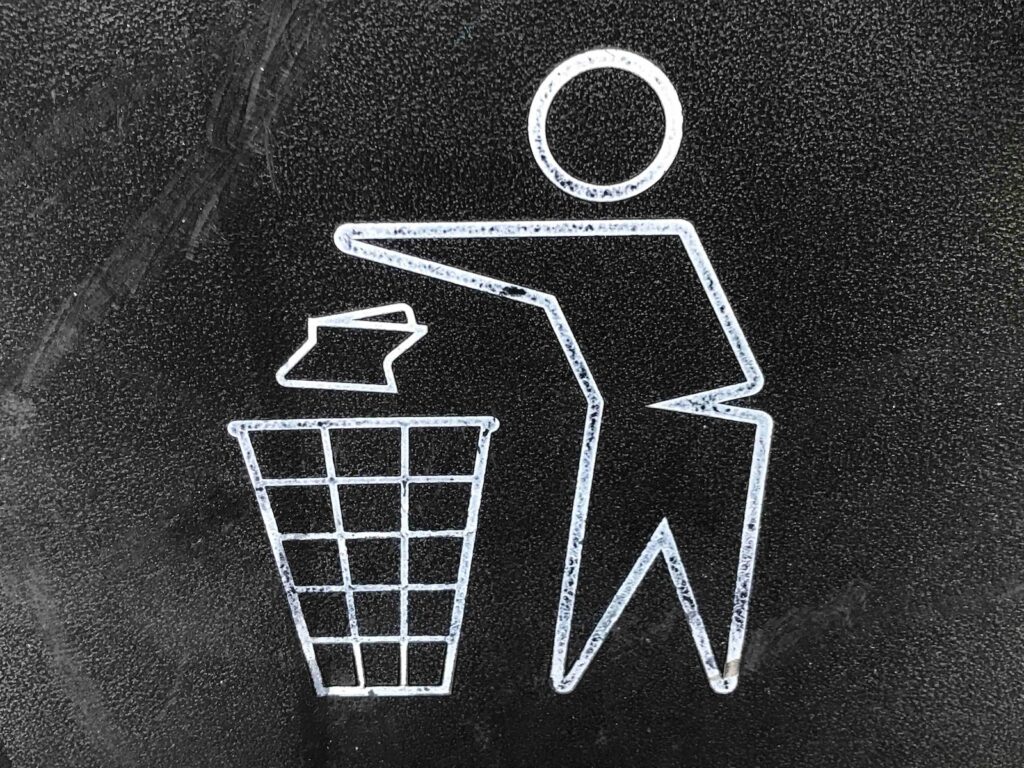UK’s greenest cities ranked on recycling, air quality, and assets
Research from waste specialist ReliableSkip has identified which urban areas are leading the way on waste reduction and access to nature, among other factors.
Overall, Bath came out on top with a ‘green score’ of 87.79. The city offers 3.33 parks and green spaces per 100,000 people. Canterbury ranked second, followed by Chester, Inverness – the only location in Scotland to make the top 10 – and Winchester.
Norwich, Colchester, Oxford, Cambridge and St Albans also made the leader board.
Reading between the lines reveals some stark realities about efforts to reduce the tonnage sent to landfill every day, improve the air we breath and ensure people have access to nature. 80% of the top 10 cities are in the south of England, and none reported more than 60% of household waste being recycled, with some managing less than 40% – below the national average, emphasising how areas can perform well in some environmental aspects and poorly in others.
Environment Journal has reported extensively on the urgent need to address poor rates of recycling in the UK, which ranks 11th in Europe for uptake. On average, 44% of the country’s household waste heads to recycling facilities, and around 9m people are thought to be failing when it comes to correctly sorting bin contents.
Recycling in itself contributes to emissions through high use of energy involved throughout the lifecycle of items, hence policies such as Packaging Extended Producer Accountability being so important. Nevertheless, it remains a far more climate-friendly approach to waste management than landfill and incineration. Appearing 12th in the list of United Nations Sustainable Development Goals, not only does it prevent pollution, it also reduces resource consumption both in terms of raw materials and fuels.
More on recycling:
English recycling record must improve, but will national scheme work?
Image: Gary Chan













